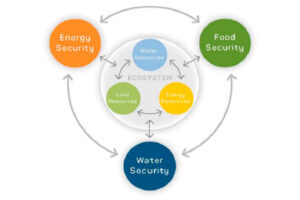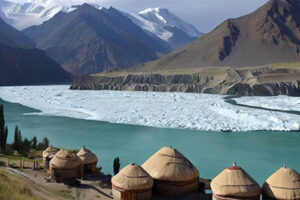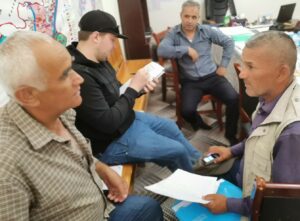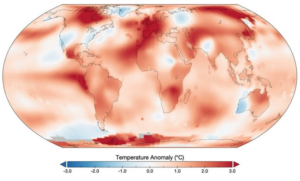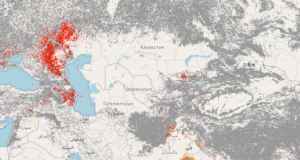
COP28 UAE Thematic Program
From November 30 to December 12, 2023, the United Arab Emirates (UAE) will host the 28th Conference of the Parties to the UN Framework Convention on Climate Change in Dubai. COP28 will be a milestone moment for global climate action. The COP28 Presidency’s two-week thematic program is geared towards responding

